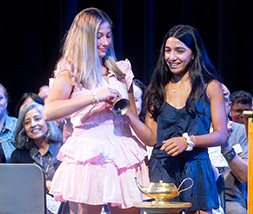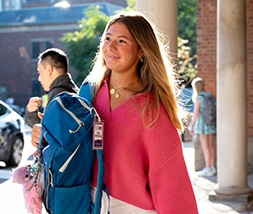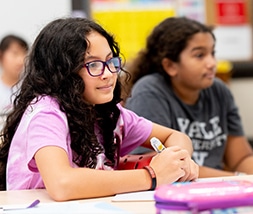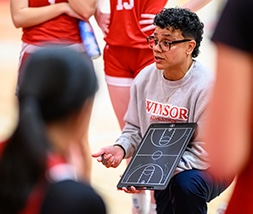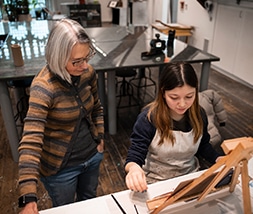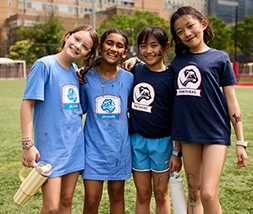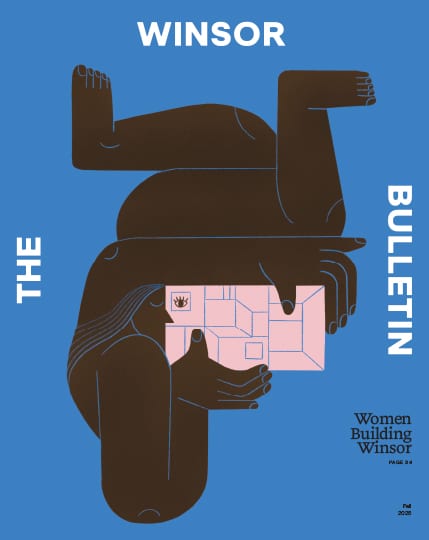Fall 2025
In This Issue
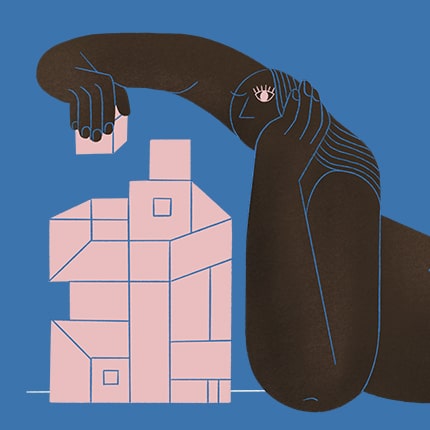
Women Building Winsor: Winsor’s Science Wing Comes to Life
Last spring, Winsor launched its most significant campus renovation in nearly a decade—led entirely by women. The result: a bright, flexible, and world-class science wing designed to inspire the next generation of innovators and leaders.
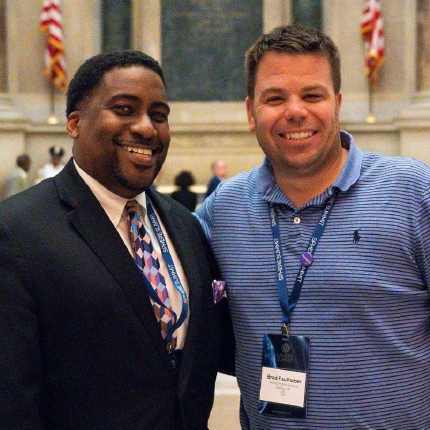
“You’re Not as Alone in Your Beliefs as You Imagined”
Winsor students are growing up in a time when disagreement can feel dangerous, but they are also showing what’s possible when curiosity leads the way. Through classroom discussions, guest speakers, and school-wide programs, Winsor faculty are teaching and learning from the next generation of bridge builders.
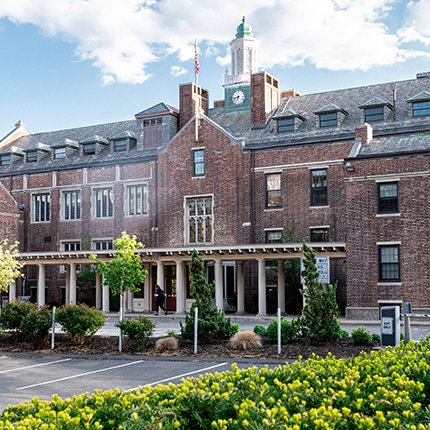
Building a Lasting Legacy of Connection
This fall, Winsor welcomed Meredith Legg as our new head of school. In this letter to the community, she reflects on the joy of “firsts,” the power of connection, and the deep sense of purpose that defines the Winsor experience.
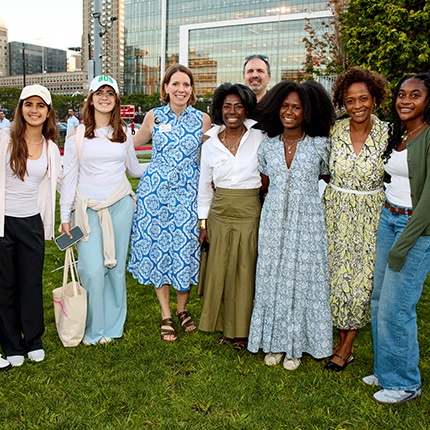
Bulletin
Joy, leadership, discovery, and belonging—this season at Winsor offered it all. Faculty stepped into the spotlight for the beloved biennial variety show; students launched new traditions and triumphed in STEM; families shared culture and connection at International Night; and the board of trustees welcomed new voices to help guide Winsor’s future.
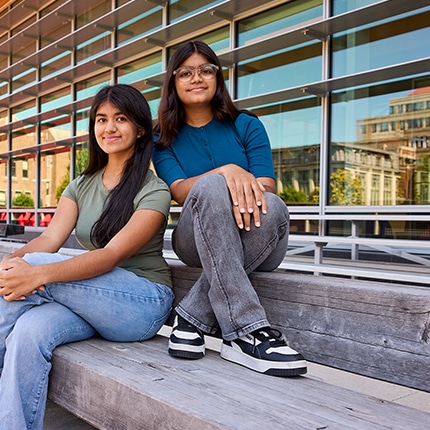
Stories of “Brilliance and Resilience”
During the pandemic, sisters Jaya ’27 and Kaiya Goud ’30 turned isolation into inspiration, interviewing Winsor teachers and alumnae to create a book celebrating mentorship, growth, and community at Winsor.
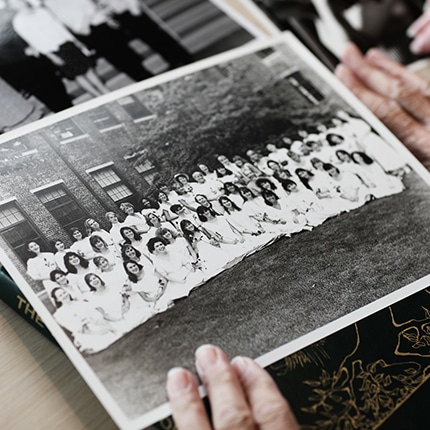
Class of ’87 Makes an Investment in Wellness
The women of Winsor’s Class of 1987 have stayed connected for nearly four decades, offering friendship, advice, and encouragement through every season of life. Their story is a testament to the power of lifelong Winsor bonds.
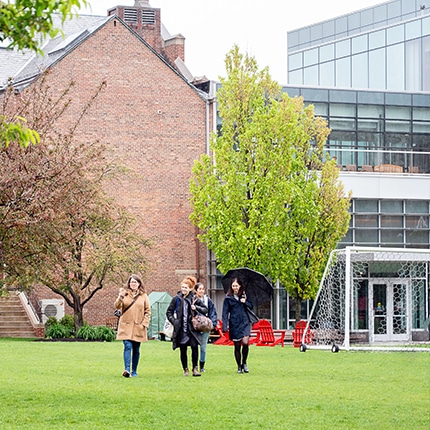
Continuum
From Beacon Hill to screens across the globe, Winsor alumnae continue to find creative ways to connect, learn, and share their expertise. In this collection of stories, graduates open their doors, their minds, and their hearts, demonstrating the enduring power of a Winsor education to spark curiosity and community for life.
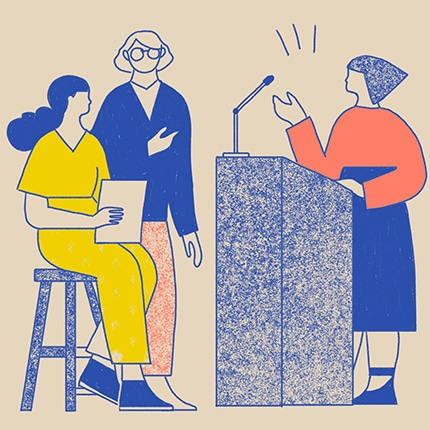
Winsor Makes Its Case at National Mock Trial Competition
Sharp questioning, persuasive arguments, and quick thinking carried Winsor’s Mock Trial team to a top national finish in Phoenix this year. Competing against the best teams in the country, students demonstrated not only their legal acumen but also the creativity, teamwork, and confidence that define Winsor at its best.
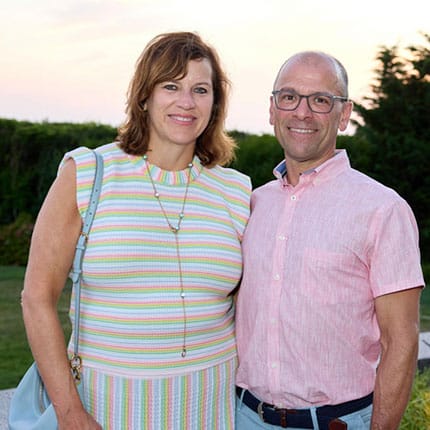
A Remarkable Gift for Families, and for Winsor
Inspired by their family’s story and four Winsor daughters, Jean Hynes and Mark Condon P’16, ’18, ’18, ’21 established a transformative scholarship to expand access for middle-income students and strengthen the heart of the Winsor community.
